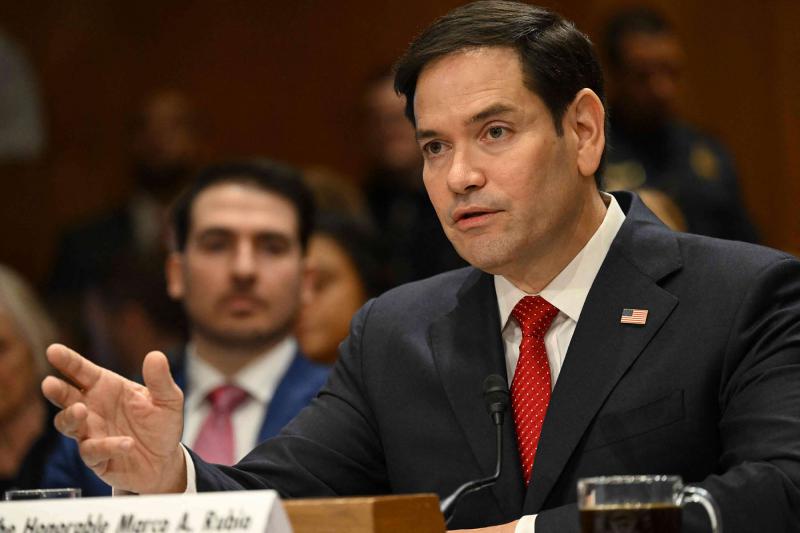The United States has announced a sweeping freeze on new foreign assistance funding, with exceptions for military aid to Israel and Egypt, and emergency food programs, according to a directive issued by US Secretary of State Marco Rubio on Friday 24 January.
The freeze, which is slated to last at least three months, applies to a broad range of US-funded global initiatives, including health, education, and development programs. Rubio’s directive mandates that no new obligations for foreign assistance should be made unless explicitly exempted.
Military aid for Israel and Egypt remains unaffected by the freeze, with the US allocating USD 3.3 billion (EGP 165.81 billion) annually to Israel and USD 1.3 billion (EGP 65.32 billion) to Egypt, primarily for defense.
Both countries are among the largest recipients of US military assistance globally. A memo accompanying the directive specifically mentioned waivers for foreign military financing to the two nations.
Humanitarian organizations expressed alarm over the freeze, warning it could lead to significant disruptions in essential aid services. Programs providing life-saving health assistance, such as the President’s Emergency Plan for AIDS Relief (PEPFAR), are included in the suspension.
PEPFAR, established in 2003 under President George W. Bush, has been credited with saving an estimated 25 million lives, including those of 5.5 million children. However, its funding is set to expire in March 2025, raising concerns about its future amid the suspension.
The freeze notably excludes emergency food programs aimed at addressing crises like the famine in Sudan.
Aid for Ukraine, however, does not appear to have been exempted, despite its reliance on US military support in its ongoing conflict with Russia.
The freeze is part of a broader effort to reassess US foreign aid spending. Within the next 85 days, Rubio is expected to determine whether specific programs will continue, be modified, or face termination.
The US allocated over USD 60 billion (EGP 3 trillion) in foreign assistance in 2023, more than any other nation globally.
While the freeze has raised concerns among aid groups, the administration emphasized that the review seeks to ensure programs align with the Trump administration’s foreign policy priorities.







Comments (0)